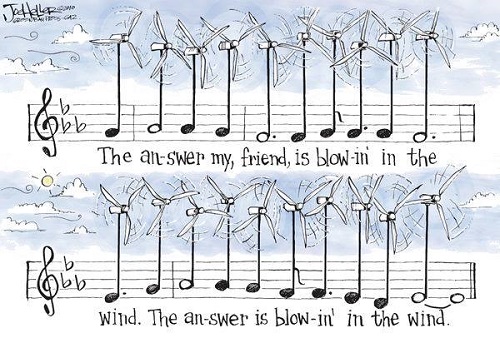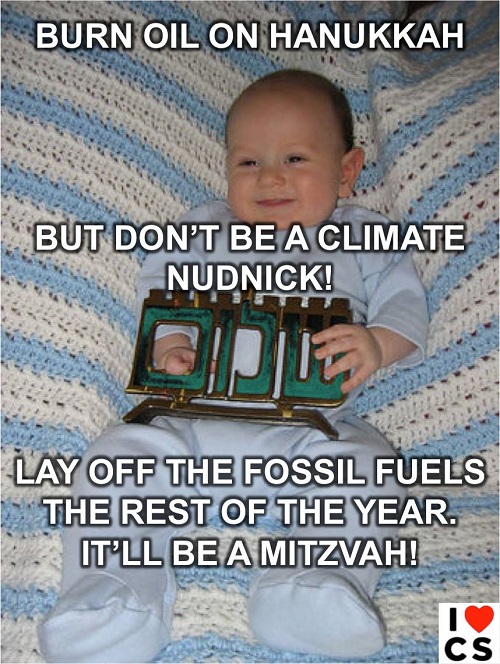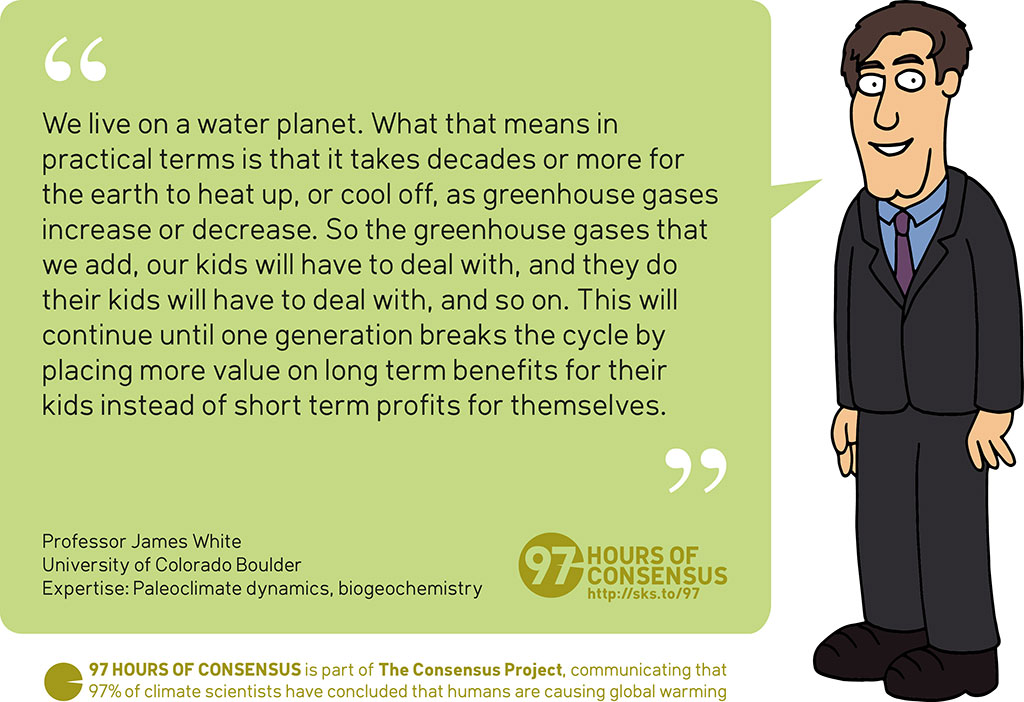2016 SkS Weekly Digest #1
Posted on 3 January 2016 by John Hartz
SkS Highlights... El Niño Impacts... Toon of the Week... Quote of the Week... They Said What?... SkS in the News... Coming Soon on SkS... Poster of the Week... SkS Week in Review... 97 Hours of Consensus...
SkS Highlights
The strong economics of wind energy by John Abraham (Climate Consensus - the 97%, The Guardian) attracted the highest number of comments of the articles posted on SkS during the past week.
El Niño Impacts
What effect will a disappearing El Niño have on the 2016 Atlantic hurricane season?
Wait, you may rightly ask. Isn't the current El Niño one of the strongest on record?
Indeed it is. But, as expected, this one appears to have reached its peak in late 2015, and is expected to weaken substantially or disappear altogether by the start of the hurricane season.
Does a Weakening El Niño Mean a More Dangerous 2016 Atlantic Hurricane Season? by John Erdman, The Weather Channel, Jan 2, 2016
Toon of the Week

Hat tip to I Heart Climate Scientists
Quote of the Week
"I think the aspiration of the agreement in Paris does mark the beginning of the end for the fossil fuel era, but the question really is how quickly the end can come," said Supran*. "For students...it means working on the institutions we have influence over, like me at MIT, urging our administration to stop investing, for example, in coal of the past and start investing in sustainability and renewables of the future."
*MIT graduate student and activist Geoffrey Supran.
2015: The Year Divestment Hit the Mainstream by Zahra Hirji, InsideClimate News, Dec 31, 2015
They Said What?
The 15 Most Ridiculous Things Conservative Media Said About Climate Change In 2015 by Kevin Kalhoefer, Media Matters for America, Dec 30, 2015
SkS in the News
British peer Lord Christopher Monckton, the self-titled crown prince of climate sceptics, was one of the first to emerge from the back of the Hummer limo. In typically vaudevillian manner, Monckton played to the cameras by pointing at the University of Queensland’s John Cook — who was there to interview sceptics — calling him a “crook” in French and English. Cook is the bête noire of denialists, being the lead author of a science study finding that 97 per cent of peer reviewed studies on climate change agreed that it was mostly caused by human activity.
The Fakery of the Paris ‘Red Carpet’ Premiere of Marc Morano’s Climate Hustle Film by Graham Readfearn. DeSmog, Dec 30, 2015
Coming Soon on SkS
- 95% consensus of economists: hurry up and cut carbon pollution (Dana)
- Latest data shows cooling Sun, warming Earth (MarkR)
- Why is the largest Earth science conference still sponsored by Exxon? (Ploy Achakulwisut, Ben Scandella, Britta Voss)
- Carbon Brief’s 15 numbers for 2015 (Carbon Brief Staff)
- Guest Post (John Abraham)
- 2016 SkS Weekly News Roundup#2 (John Hartz)
- 2016 SkS Weekly Digest (John Hartz)
Poster of the Week

SkS Week in Review
- 2016 SkS Weekly News Roundup #1 by John Hartz
- Tracking the 2°C Limit - November 2015 by Rob Honeycutt
- Alberta's new carbon tax by Andy Skuce
- Why we need the next-to-impossible 1.5°C temperature target by Simon Donner (Carbon Brief)
- 2015 in Review: another productive year for the Skeptical Science team by Baerbel W
- The strong economics of wind energy by John Abraham (Climate Consensus - the 97%, The Guardian)
- 2015 SkS Weekly Digest #52 by John Hartz
97 Hours of Consensus: James White
































 Arguments
Arguments






























NOAA has added 2015 to the CO2 annual growth rate records. 2015 turns the highest ever rate of 3.17ppm/a, beating the current reigning 1998 (2.93) by a considerable margin. The exact 2015 number is preliminary but there is no doubt it'll beat 1998 regardeless potential correction.
I remember Indonesian massive pit fires (with estimated 2Pg of carbon burned) have been blamed for the 1998 spike. A now famous super ElNino was listed as a secondary cause.
So, it's interesting how we are going to explain current unprecedented spike, esp. considering that emissions have stalled (peaked?) in 2014. I don't have any preliminary 2015 data. So such large departure from mean growth rate (which recently have been around 2.1) demands explanation. The blame on current ElNino is insufficient.
criskoz @1,
Those annual MLO CO2 growth rates from NOAA are a simple subtraction of the 1st January level from the 31st December for the year in question. Using a couple of single day readings in this manner does add a bit of extra noise which an annual average increase would even out.
That said, with the increase in emissions since 1997/98, you would expect a significantly higher annual rise today, assuming El Nino behaves in an equivalent manner. It would be about +0.5ppm/year.
The wobbles in CO2 growth rates are graphed here in red (usually 2 clicks to 'download your attachment'). Note the wobble in 1997/98 was far in excess of 0.5ppm, approaching 1.5ppm above the long term growth rate.